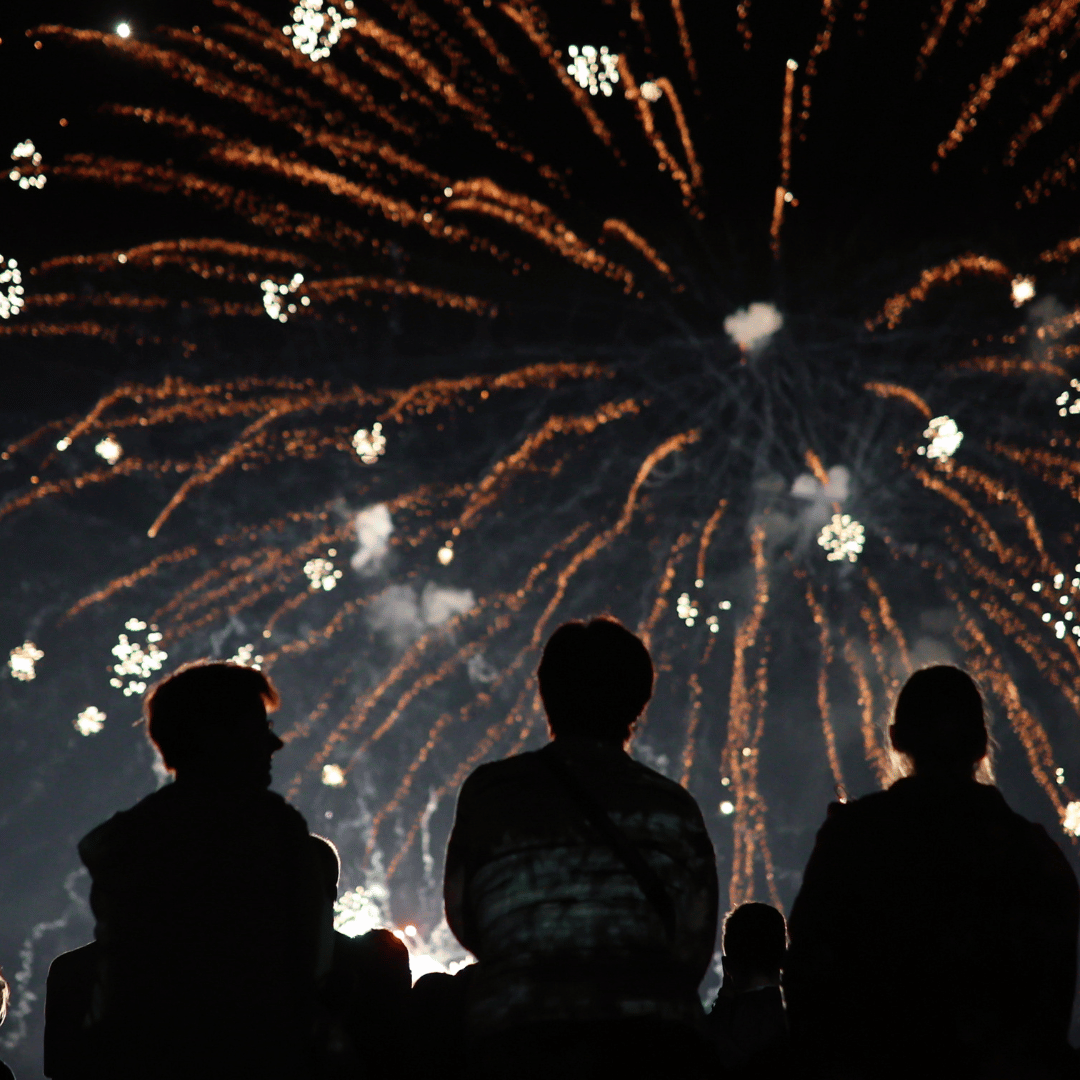As the Fourth of July approaches, many Americans eagerly anticipate the vibrant displays of fireworks that light up the night sky, marking a celebration of independence and freedom. However, for some individuals, this festive tradition brings about feelings of anxiety, distress, and discomfort due to Post-Traumatic Stress Disorder (PTSD).
What is PTSD?
PTSD is a mental health condition that can develop after experiencing or witnessing a traumatic event. Common triggers include combat exposure, natural disasters, serious accidents, or physical or sexual assault. Symptoms of PTSD can vary widely but often include flashbacks, nightmares, severe anxiety, and emotional numbness.
Who is impacted?
For veterans and survivors of trauma, fireworks can serve as powerful triggers, evoking memories and sensations associated with past traumatic experiences. The sudden loud noises, bright flashes, and unpredictable nature of fireworks can recreate a sense of danger and hypervigilance reminiscent of the original trauma.

How Could July 4th Trigger PTSD?
Imagine the scenario: a veteran who served overseas in a war zone, where explosions were a daily reality. For them, the Fourth of July may not be a time of celebration but rather a period of heightened anxiety and stress. The loud bangs of fireworks can transport them back to moments of fear and danger, causing them to relive traumatic memories vividly.
What You Can Do
It’s crucial to recognize and respect the impact that fireworks can have on individuals with PTSD. Their reactions are not a matter of overreaction or inconvenience but rather a manifestation of their psychological response to trauma. Being mindful and considerate can make a significant difference in supporting those who may be struggling during this holiday.
So, what can be done to make Independence Day more inclusive and supportive for individuals with PTSD?
1. **Awareness and Education**: Increasing awareness about PTSD and its triggers can help foster understanding and empathy within communities. By educating others about the potential effects of fireworks on individuals with PTSD, we can create a more compassionate environment.
2. **Alternative Celebrations**: Consider hosting or attending fireworks-free events or gatherings that offer quieter celebrations. This can provide individuals with PTSD an opportunity to participate in the festivities without being exposed to triggering stimuli.
3. **Communication**: If you are planning to set off fireworks in your neighborhood, communicate with your neighbors in advance. This allows individuals with PTSD to prepare themselves or make arrangements to minimize their exposure to the noise.
4. **Safety and Support**: Encourage individuals with PTSD to develop coping strategies that can help them manage their symptoms during fireworks displays. This might include using noise-canceling headphones, practicing relaxation techniques, or seeking support from friends or mental health professionals.
5. **Respect Personal Boundaries**: Respect individuals’ choices if they choose to avoid fireworks displays altogether. Everyone has different thresholds for managing their PTSD symptoms, and it’s essential to honor their preferences without judgment.
Being Aware of Other’s Feelings this 4th of July
As we celebrate the Fourth of July and our nation’s independence, let’s remember to celebrate inclusively and with empathy. By supporting and understanding individuals with PTSD, we can ensure that everyone can enjoy the holiday in their own way. Together, we can create a community where everyone feels safe, respected, and included during this time of national celebration.
Start Receiving Support From Therapists in Savannah, GA
If this blog post resonated with you or a loved one, consider seeking help from a therapist or counselor. A licensed therapist or counselor can provide guidance, validation, and coping strategies tailored to your unique needs and circumstances. Therapy can offer a safe space to explore your feelings, fears, and uncertainties, as well as develop practical skills for managing stress, anxiety, and depression. Our team would be honored to offer support from our Savannah, GA-based practice. You can start your therapy journey by giving us a call at 912.319.5552 or emailing us at [email protected].
Other Services Offered With Waters Edge Counseling
We understand that you may experience issues with more than one mental health concern at a time. This is why we are happy to offer support with a variety of mental health services. Our team is happy to offer support with multiple mental health services including online counseling, clinical supervision, coping after a cancer diagnosis, and SCAD student counseling. We are also happy to offer therapy for anxiety, depression, eating disorders, substance abuse, teen substance abuse, and counseling for men. In addition, we also offer counseling for teens, child counseling, family counseling, Christian counseling, grief counseling, and marriage counseling.
Please note: While this blog is designed to help people achieve their goals, the information within each post is not a substitute for therapy or medical advice given by a licensed professional.

